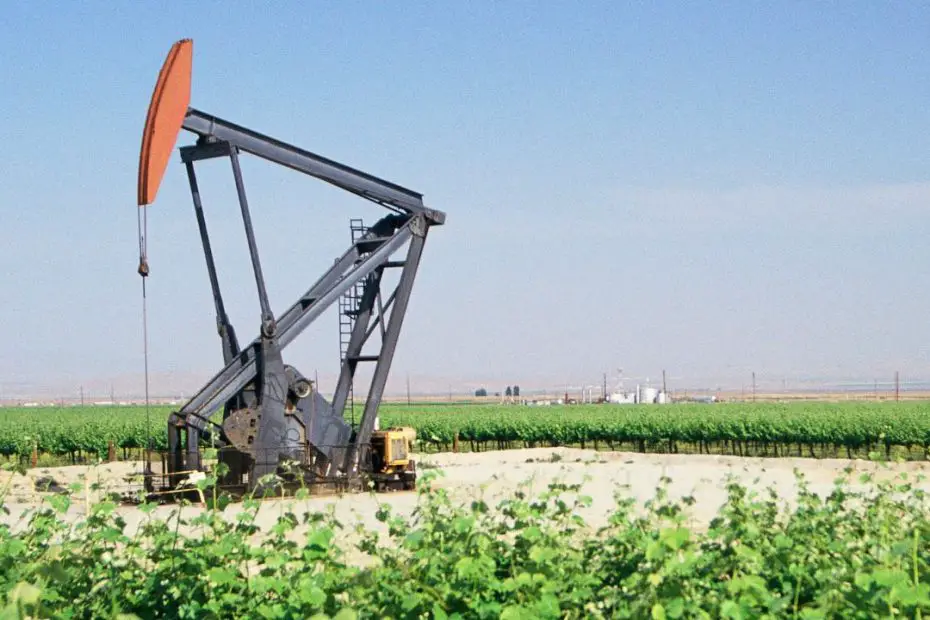Discovering oil on your Tennessee property can feel like hitting the jackpot, stirring a mix of excitement and uncertainty about the next steps. If you find oil on your property, understanding what to do next is crucial. We cover the preliminary steps below.
Understand Your Rights and Responsibilities
The first step after discovering oil on your property is to get clear on your ownership rights and legal responsibilities. In Tennessee, property ownership can encompass both surface rights and mineral rights, but these don’t always belong to the same party. If you own the mineral rights, you have the authority to explore and produce oil. However, having an expert clarify your rights can save you from potential legal hurdles down the line. Familiarize yourself with state laws regarding mineral extraction, as they can significantly affect how you proceed.
Consult a Professional
Once you confirm your rights, consulting with an oil and gas professional or a geologist is your next move. These experts can provide a more in-depth analysis of the discovery, including the size of the oil reserve and its quality. A professional also plays a pivotal role in advising whether the oil is worth extracting, considering the costs and environmental implications. They can guide you through the complex process of extraction, selling, or leasing the oil rights, ensuring you make informed decisions that best serve your interests.
Consider the Environmental Impact
The excitement of finding oil on your property can easily overshadow the environmental considerations that come with extraction. It’s vital to assess the potential environmental impact thoroughly. Consult with environmental experts to understand the risks and preventative measures necessary to protect your land. Tennessee’s landscapes and ecosystems may be sensitive to disturbances, so implementing appropriate environmental safeguards is essential for responsible oil extraction.
Weigh the Financial Implications
Finally, explore the financial aspects of the oil discovery. This includes considering whether to lease, sell, or develop the oil yourself. One of the top myths about the oil and gas industry is that owners of property with oil on it are always wealthy. This isn’t the case. Not all oil is viable for extraction, and each extraction method comes with its set of costs and risks.
If you do proceed with extraction, leasing your mineral rights to an oil company can provide a steady income without the overheads of extraction. However, selling might offer immediate financial gain. If you decide on development, be prepared for the substantial investment and risks involved. Professional financial advice is invaluable in navigating these decisions and maximizing the potential benefits of your oil discovery.
Knowing what to do if you find oil on your property requires careful consideration of your legal rights, consultation with professionals, environmental impact assessment, and financial deliberation. If you’re in Tennessee and discover oil on your land, take these steps to ensure that you handle your discovery wisely and profitably.

